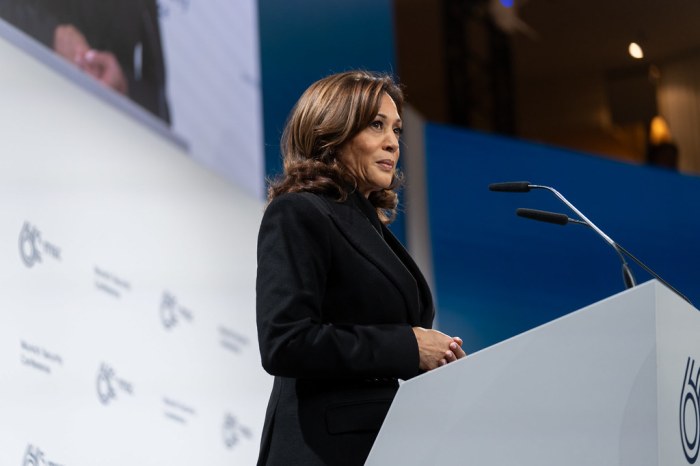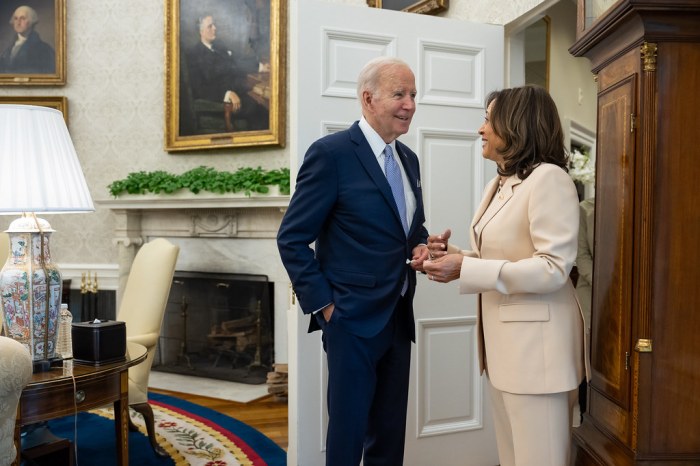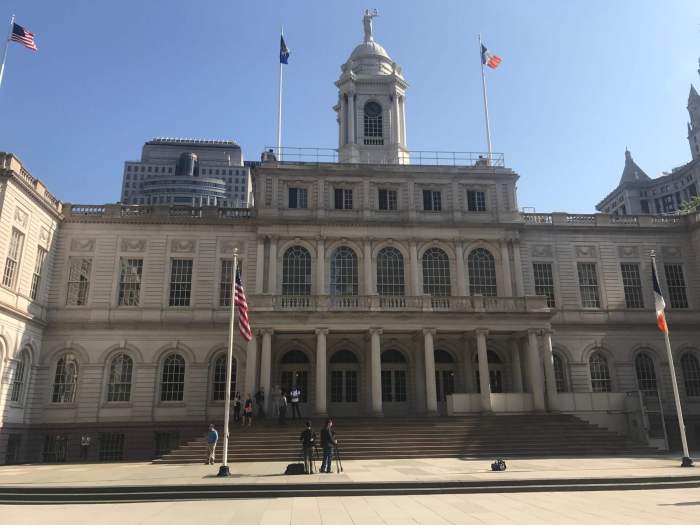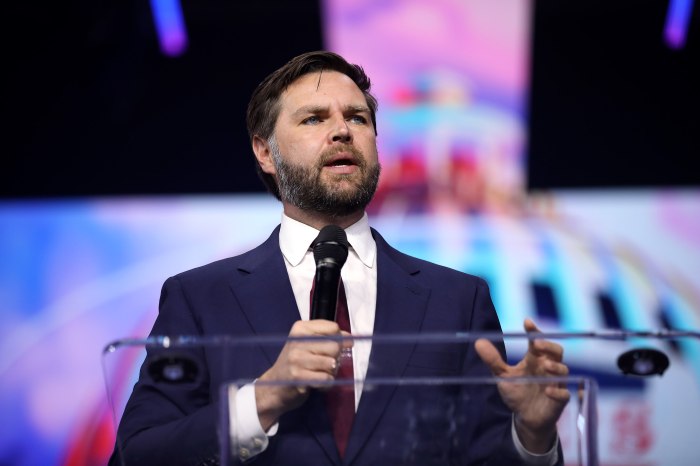
BY DUNCAN OSBORNE | It is understandable if lesbian and gay voters were confused by Mitt Romney’s reaction to President Barack Obama’s endorsement of same-sex marriage.
“I do not favor marriage between people of the same gender, and I do not favor civil unions if they are identical to marriage other than by name,” he told KDVR, a Colorado television station, on May 9. “My view is the domestic partnership benefits, hospital visitation rights, and the like are appropriate, but that the others are not.”
Colorado’s Legislature is currently wrestling with a civil union bill.
Romney made similar comments at an appearance in Oklahoma later in the day. While the presumptive Republican nominee for president has consistently opposed gay marriage and wants to amend the US Constitution to bar such unions, he has held varied positions on how government should treat same-sex relationships.
Romney's position now is that he supports domestic partnerships. He appears to believe that those give fewer rights and benefits to same sex-couples than either civil unions or marriage. That would be news to domestic partners in California and Nevada, where such legal arrangements are marriages in all but the name.
Romney typically says hospital visitation and health coverage are the rights and benefits that should be available to domestic partners, but he has not said if partners should receive other benefits.
In 2003, after Massachusetts’ highest court ruled that the state must allow gay and lesbian couples to wed, Romney, then the Bay State’s governor, and some state legislators wanted the court to allow the Legislature to instead enact a law creating civil unions, with all the rights and benefits of marriage, but not the name. At the time, multiple press outlets reported that Romney supported the legislation, with one calling it a “Vermont-style civil union law.”
The Massachusetts Supreme Judicial Court rejected that civil union option in early 2004, and Romney immediately pressed the Legislature to take steps to amend the State Constitution to ban gay marriage without offering gay and lesbian couples any alternative partnership rights.
In an April 29 story this year, the Los Angeles Times reported that “some conservative activists criticized Romney for opening the door to civil unions” during the Massachusetts marriage fight.
Some on the right wing oppose gay marriage and civil unions, arguing that they are marriage-lite. Romney appears to be playing to those conservatives by refusing to endorse civil unions.
Romney’s chameleon-like approach to many policies was noted by Republicans as early as 2008, when he first sought the GOP presidential nomination. Senator John McCain’s campaign produced a 200-page book of Romney opposition research, which went public earlier this year, and it details his policy shifts and sometimes polar-opposite changes going back nearly 15 years.
On gay issues, Romney has opposed and endorsed the Employment Non-Discrimination Act (ENDA), federal legislation that would ban job discrimination based on sexual orientation and gender identity, and he opposed and endorsed ending the military’s Don’t Ask, Don’t Tell policy.
Responding to questions from reporters on May 9, Romney said that gay marriage was a “very tender and sensitive topic.” In 2005, in South Carolina, he vilified gay couples, according to an ABC News report two years later.
“Today, same-sex couples are marrying under the law in Massachusetts,” Romney said. “Some are actually having children born to them. We’ve been asked to change their birth certificates to remove the phrase mother and father and replace it with parent A and parent B. It’s not right on paper. It’s not right in fact.”
While political campaigns tend to emphasize different issues in primary campaigns as opposed to general elections, Romney is taking that practice to an extreme. In March, Eric Fehrnstrom, a longtime senior Romney advisor, likened the campaign to an Etch-a-Sketch.
“I think you hit a reset button for the fall campaign,” Fehrnstrom said on CNN. “Everything changes. It’s almost like an Etch-a-Sketch, you can kind of shake it up and we start all over again.”



































